Electrolytes are a crucial component of human physiology, as they play a vital role in maintaining proper hydration levels and regulating bodily functions. For athletes, electrolytes are particularly important, as they can have a significant impact on performance in the gym. In this blog post, we’ll explore the benefits of electrolytes for athletes and how they can help improve gym performance.
Firstly, it’s important to understand what electrolytes are and why they are so important. Electrolytes are minerals that carry an electric charge and are essential for various bodily functions, including regulating fluid balance, maintaining proper nerve and muscle function, and supporting optimal cardiovascular function. The most common electrolytes in the human body are sodium, potassium, magnesium, calcium, and chloride.
When we exercise, we lose fluids and electrolytes through sweating. This loss can have a significant impact on athletic performance, as it can lead to dehydration and an electrolyte imbalance. Dehydration can cause a variety of negative effects, such as decreased muscle strength, reduced endurance, and impaired cognitive function. Electrolyte imbalances can cause similar effects, as they can disrupt nerve and muscle function, leading to muscle cramps, fatigue, and other symptoms.
By replenishing lost electrolytes during and after exercise, athletes can improve their performance in the gym. Here are some of the ways electrolytes can benefit athletes:
-
Hydration: As we mentioned earlier, electrolytes play a crucial role in regulating fluid balance. When we lose fluids through sweating, we also lose electrolytes. By consuming an electrolyte-rich drink or supplement during and after exercise, athletes can help replenish lost fluids and maintain proper hydration levels. This, in turn, can improve endurance, reduce fatigue, and enhance overall athletic performance.
-
Muscle function: Electrolytes are essential for proper nerve and muscle function. When we exercise, our muscles require a steady supply of electrolytes to function properly. By replenishing lost electrolytes, athletes can improve their muscle function and reduce the risk of muscle cramps and other issues.
-
Recovery: Proper electrolyte intake can also aid in post-workout recovery. After exercise, the body needs to replenish lost fluids and electrolytes to repair and rebuild muscle tissue. Consuming an electrolyte-rich drink or supplement can help speed up this process, leading to faster recovery times and improved overall performance.
-
Endurance: Finally, electrolytes can also improve endurance and help athletes push harder during workouts. By maintaining proper hydration levels and replenishing lost electrolytes, athletes can reduce fatigue and maintain energy levels for longer periods, leading to better performance and improved results.
In conclusion, electrolytes are a crucial component of athletic performance, and athletes can benefit greatly from replenishing lost electrolytes during and after exercise. By maintaining proper hydration levels, supporting muscle function, aiding in post-workout recovery, and improving endurance, electrolytes can help athletes perform at their best in the gym. So, whether you’re a seasoned athlete or just starting, consider incorporating electrolytes into your workout routine to take your performance to the next level.
Read more
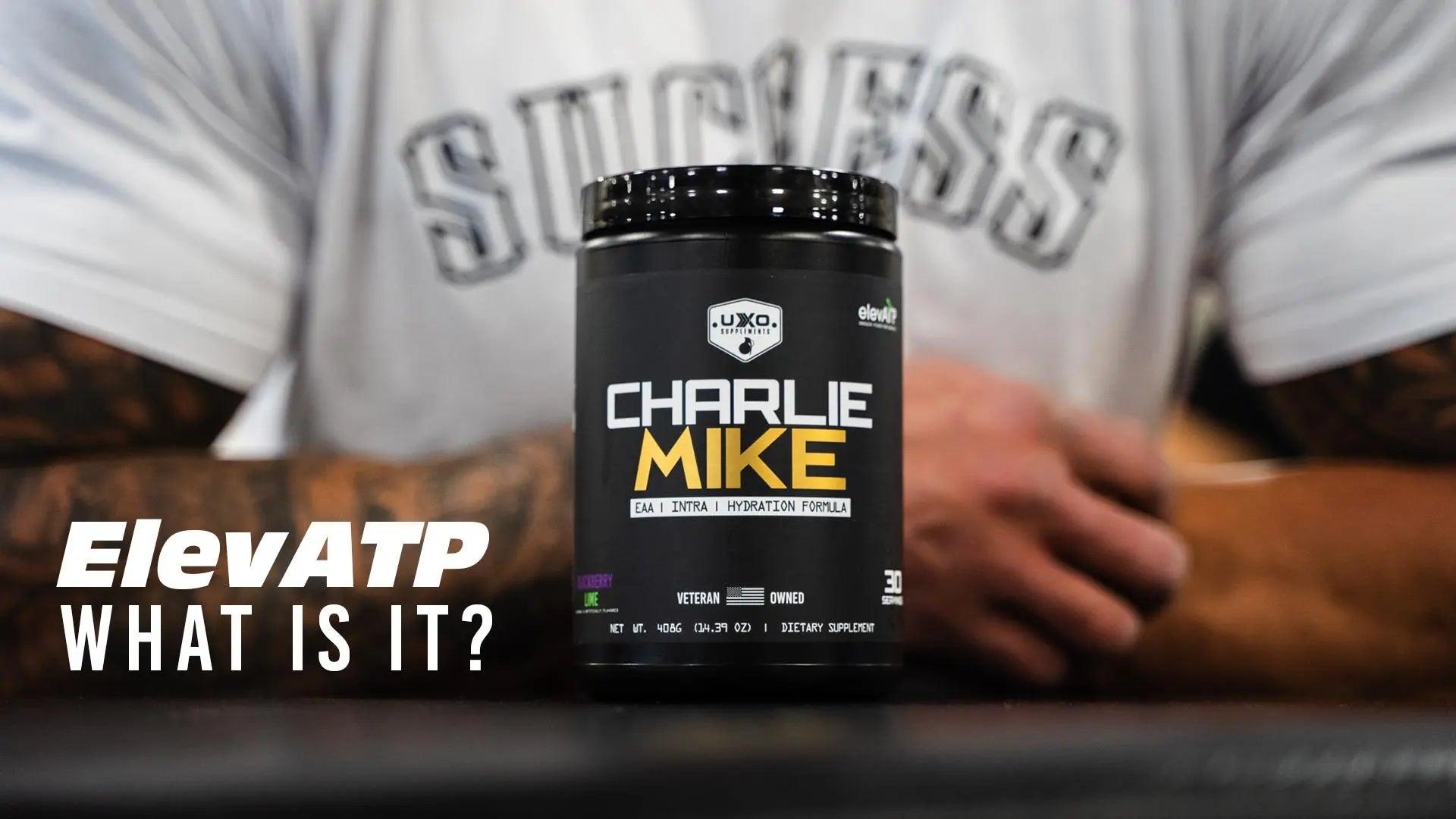
ElevATP™: The Daily Supplement for Improved Performance ElevATP™ is a dietary supplement that has gained popularity in recent years due to its potential benefits for performance. ElevATP™ is a com...
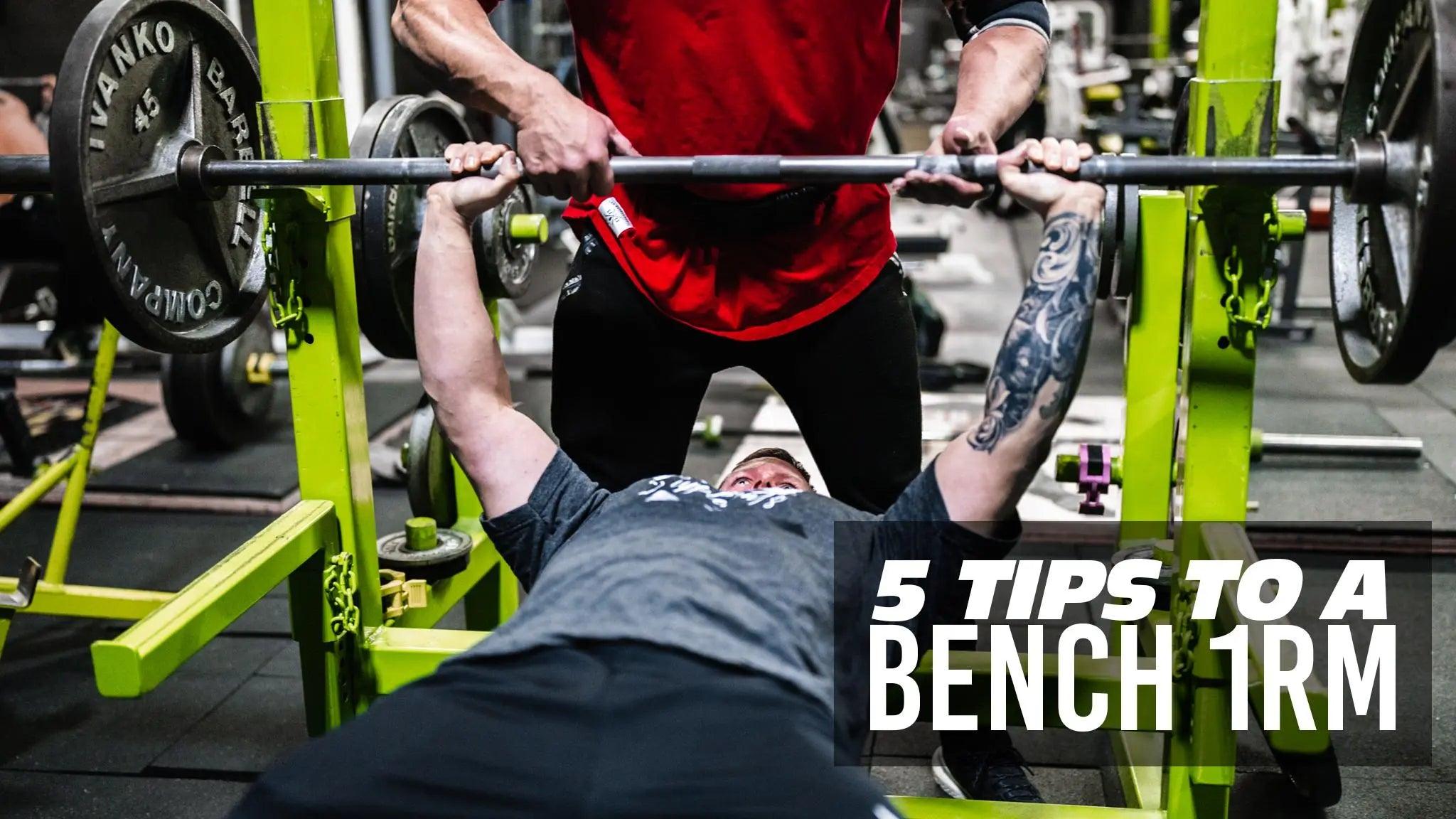
The bench press is one of the most popular and effective exercises for building upper body strength, and increasing your one rep max on the bench press can be a great way to track your progress an...
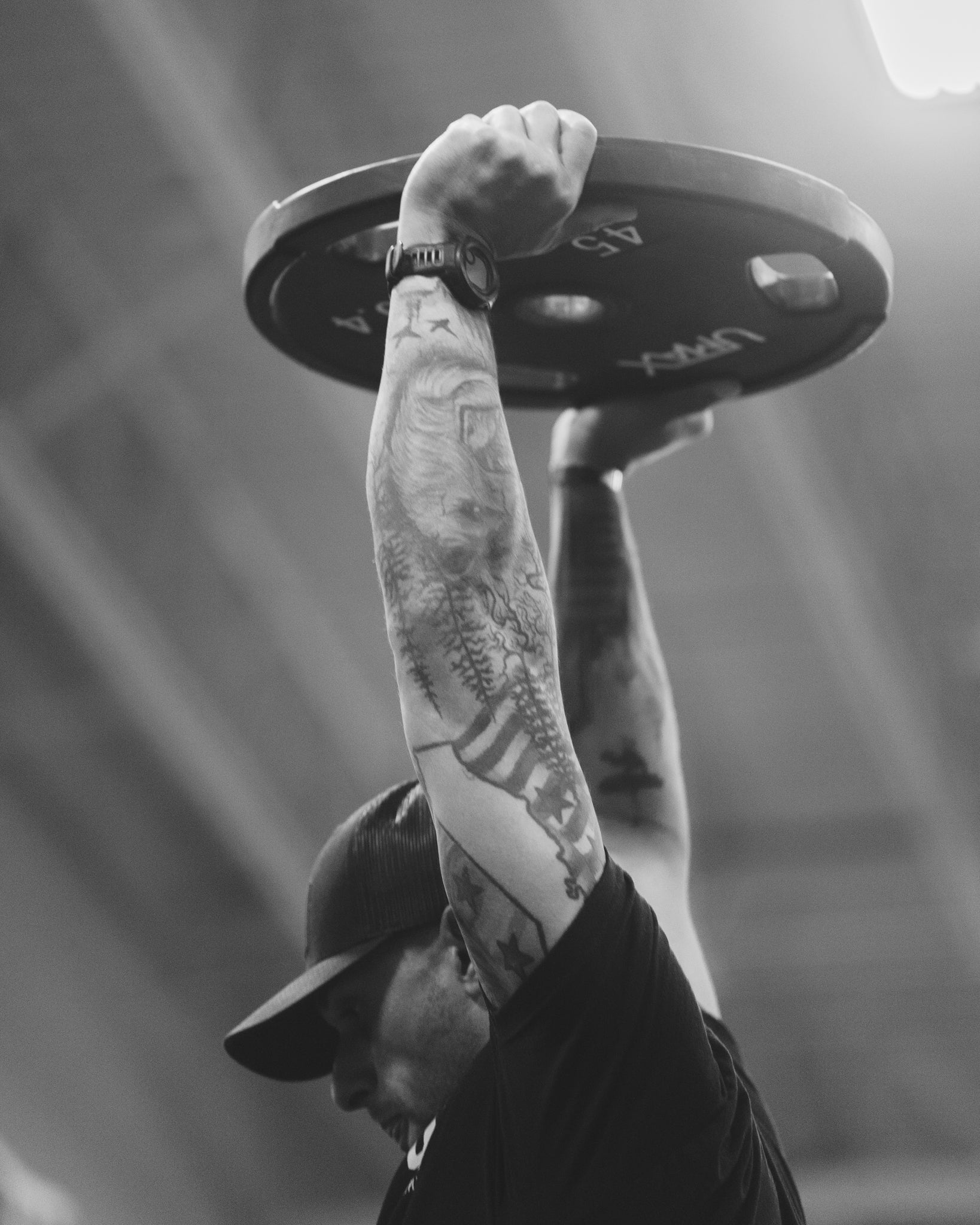
The essentials
Share details of your store's product selection, or share a story that speaks to your customers.

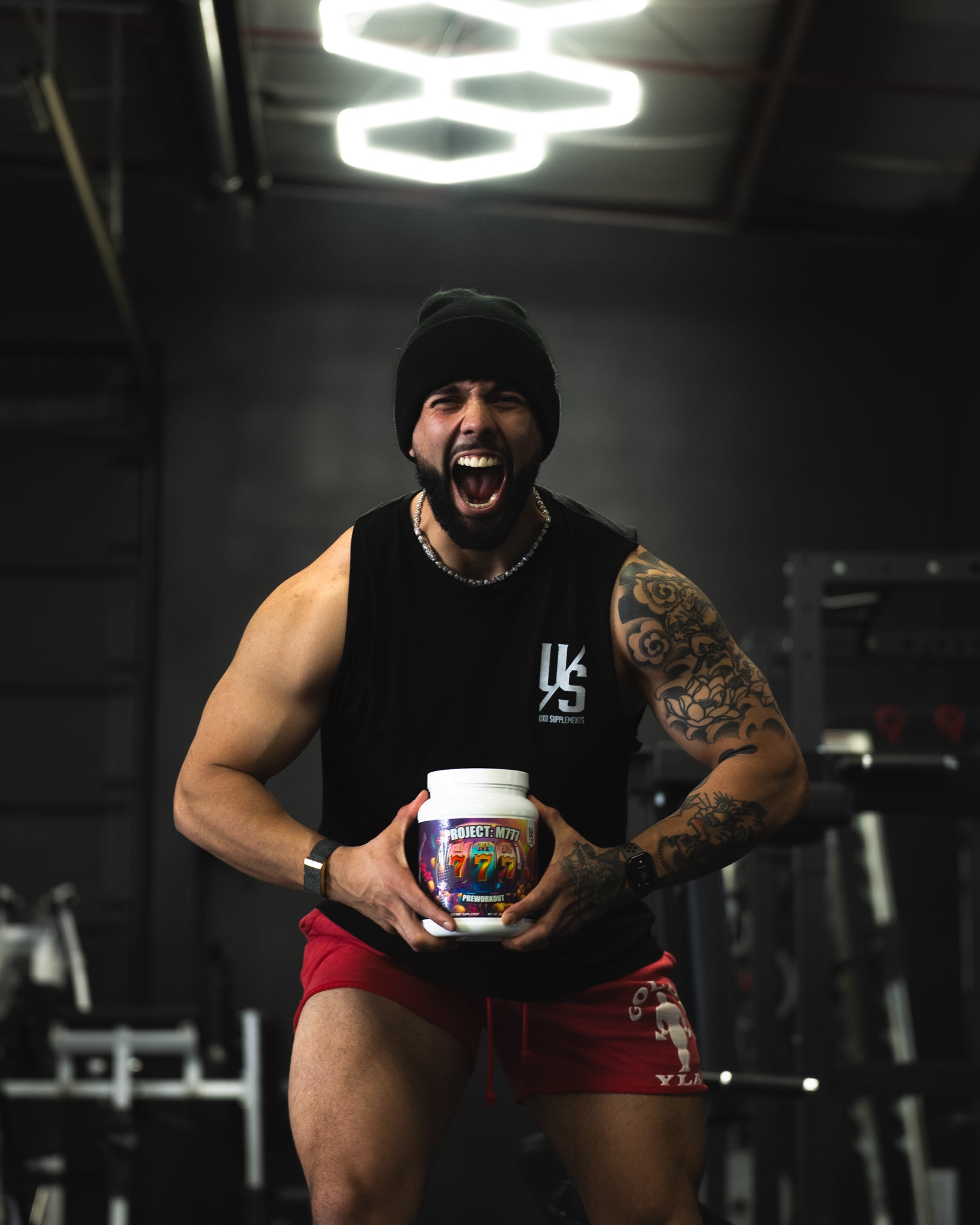




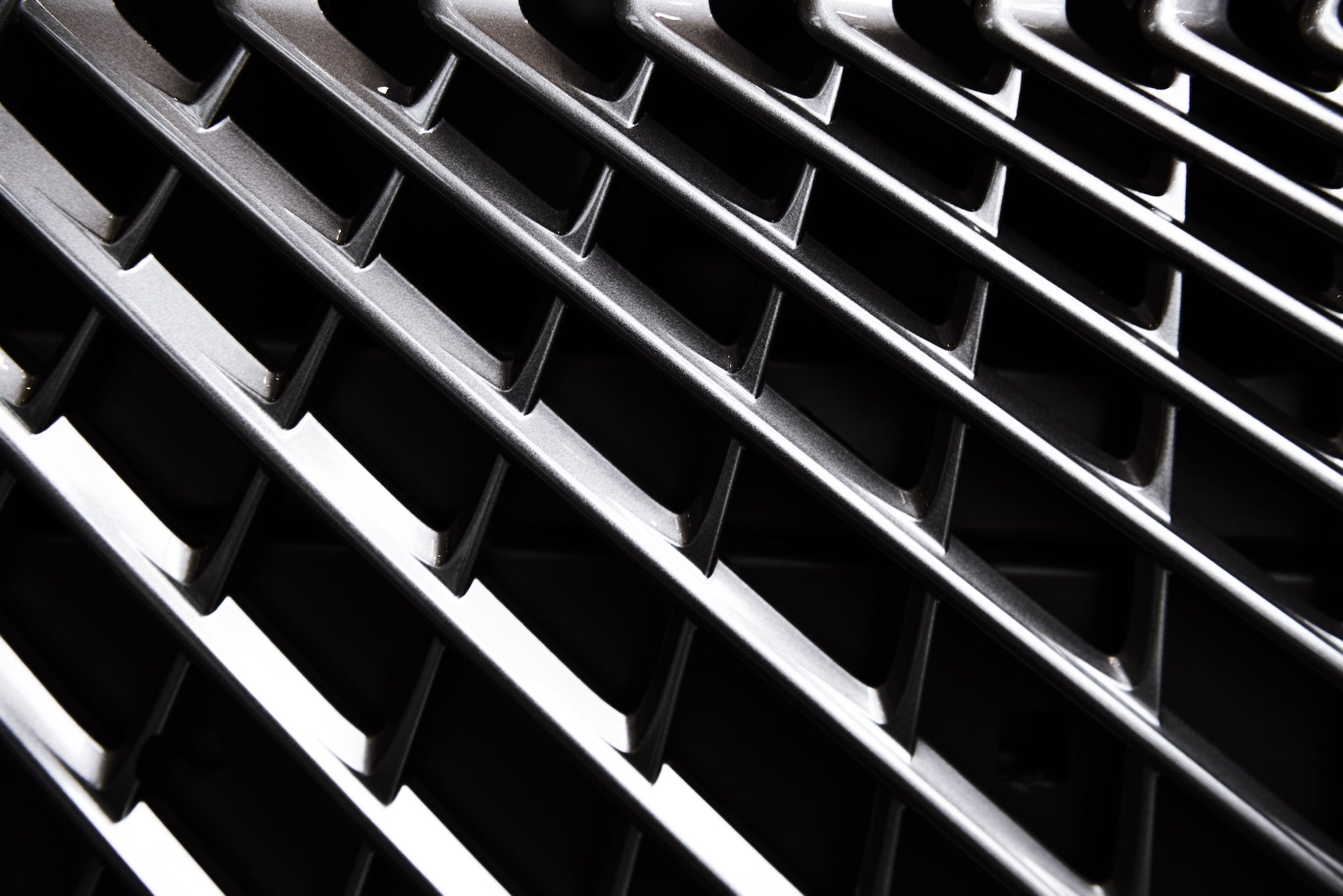
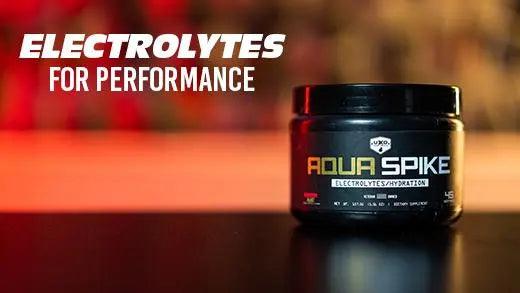
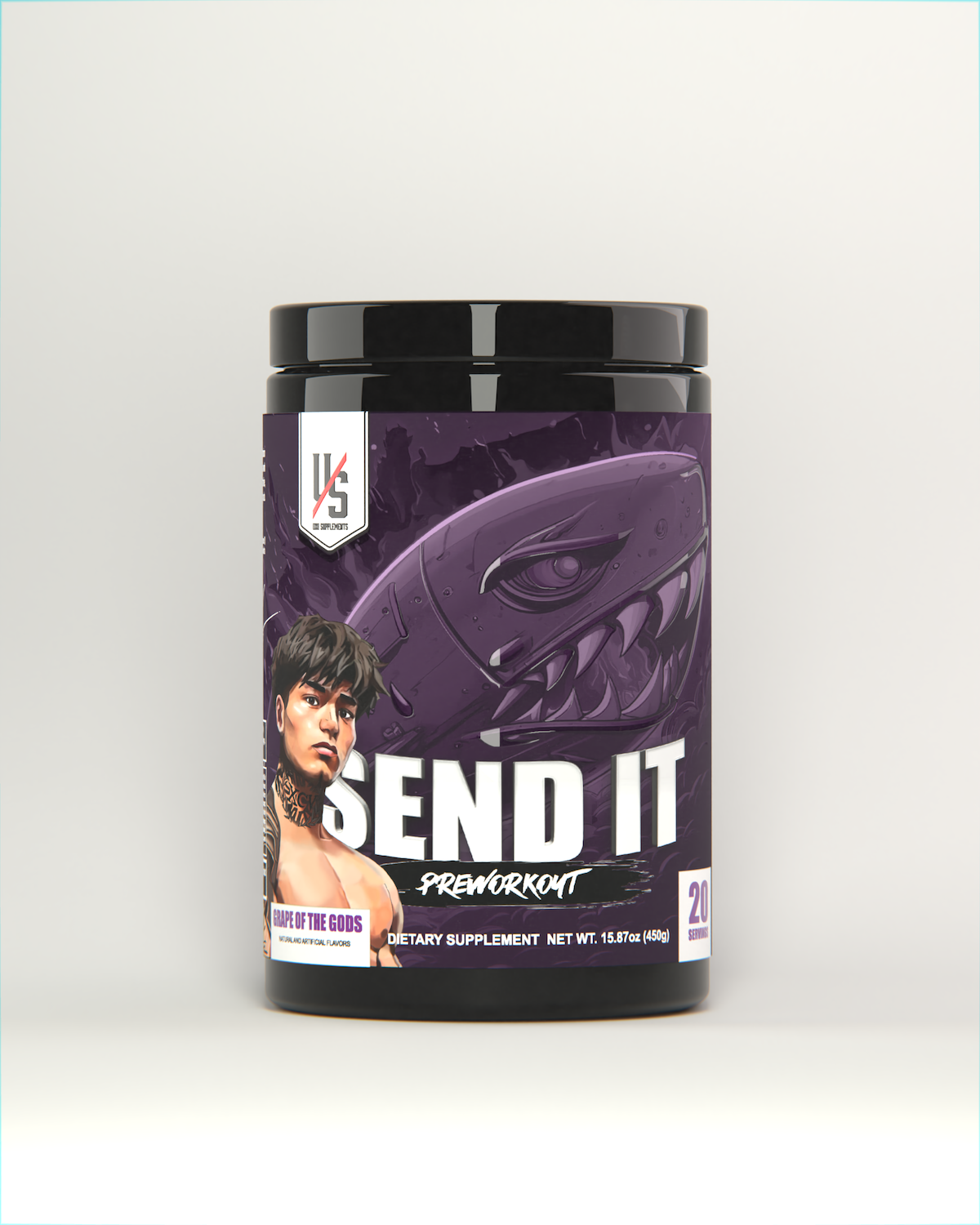
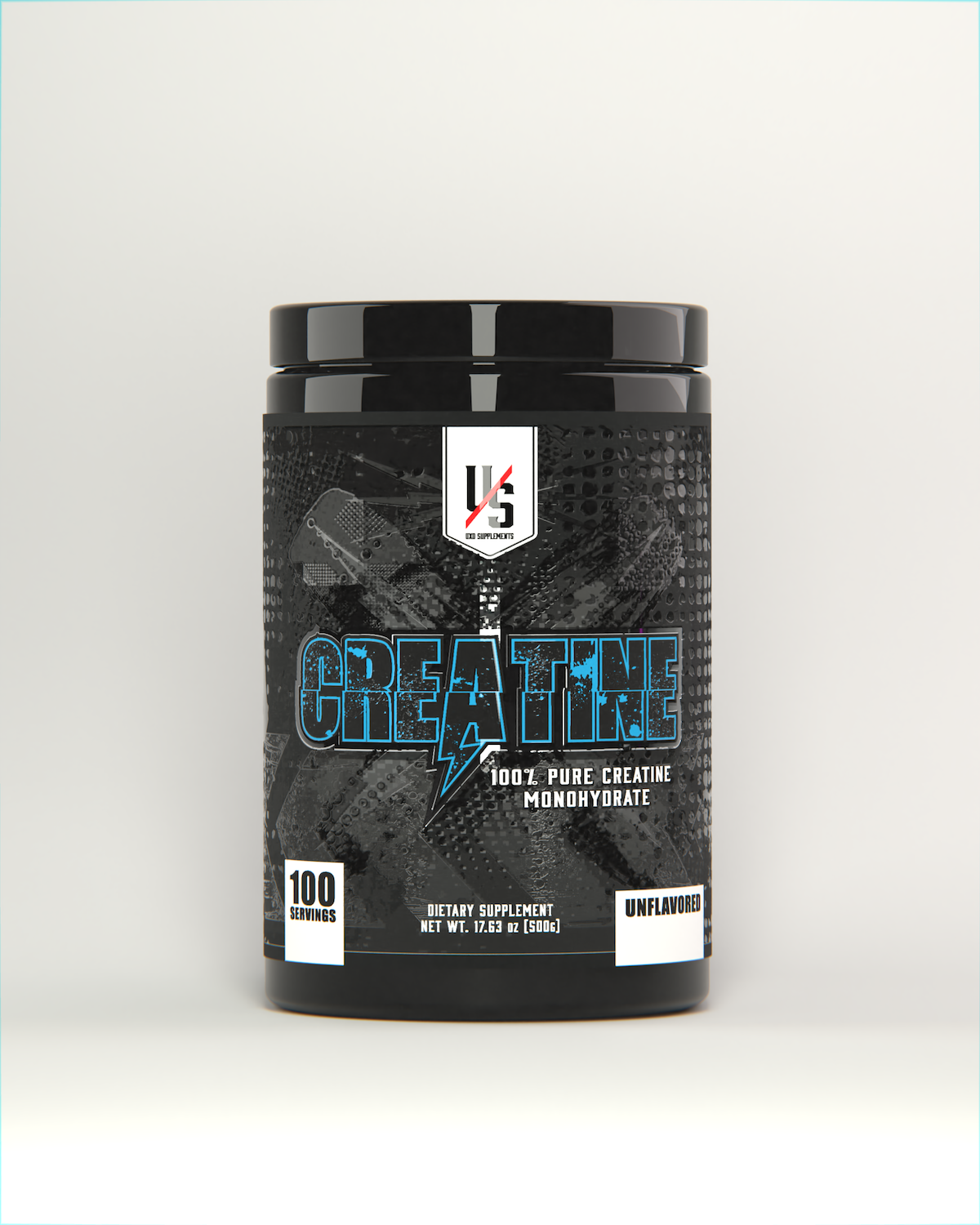
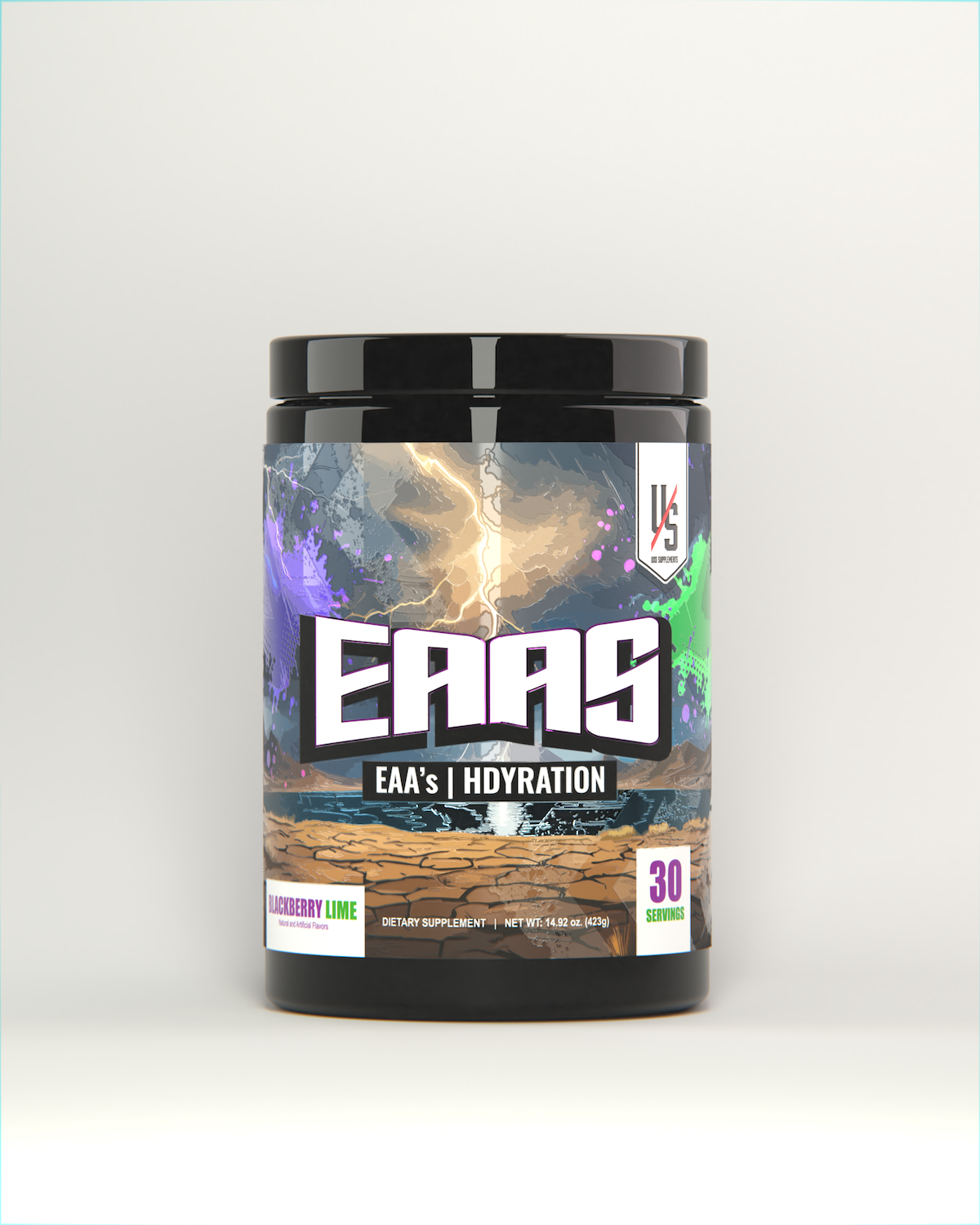
Leave a comment
All comments are moderated before being published.
This site is protected by hCaptcha and the hCaptcha Privacy Policy and Terms of Service apply.